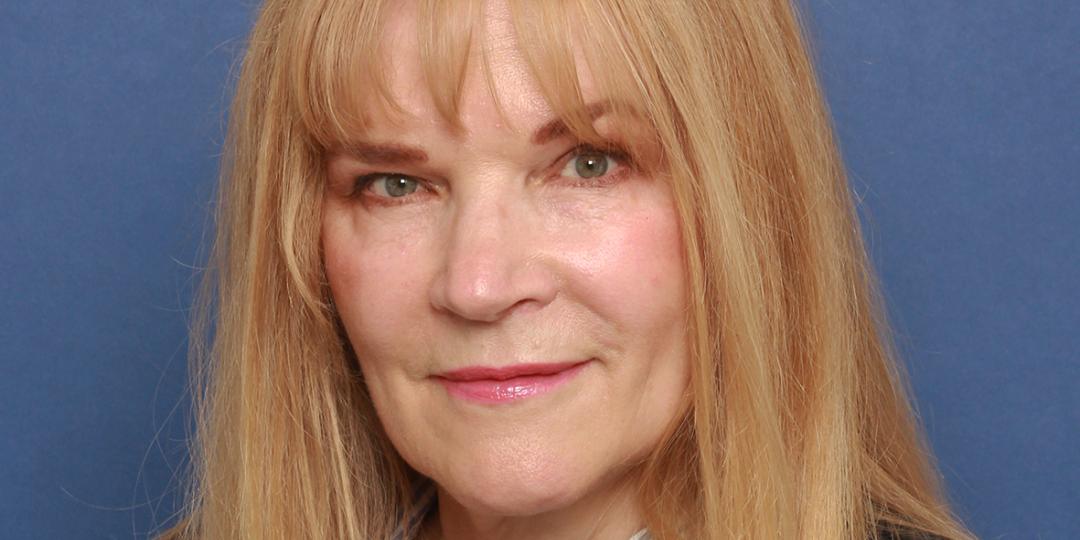UPDATE at 22h15 (June 22): Tonight, Minister of Health, Joe Phaahla, issued a gazetted notice repealing three regulations (16A, 16B and 16C) – which relate to mandatory mask wearing inside a public place or on public transport, the capping of venue capacity (venues were capped 50% of full capacity) and entry requirements dictating that any person entering the country must produce proof of vaccination or a negative PCR COVID-19 test not older than 72 hours at the time of departure,
Hospitality association, FEDHASA, has welcomed the National Department of Health’s recommendations – published yesterday, June 21, by Health Minister, Joe Phaahla – to repeal regulations that were put in place to stem the spread of COVID-19, including mask wearing, entry limitations and restrictions on sizes of gatherings.
“This is long overdue, considering that the reasons these regulations were instituted in the first place were to reduce pressure on our healthcare system. It has been clear for months that not only does COVID-19 no longer threaten to overwhelm our hospitals, but that these regulations also have no effect on limiting COVID infections. The phase of the pandemic in which we find ourselves is one that sees us learning to live with COVID, like the rest of the world has been doing,” said Rosemary Anderson, FEDHASA National Chairperson.
While tourist accommodation income was rising steadily, the industry had a long journey ahead to get to levels it enjoyed pre-COVID, said Anderson. “The hospitality sector was among the hardest hit by regulations put in place during Covid. These regulations have continued to limit normal operations, such as venue capacity, contact tracing, etc., with restrictions of 50% capacity still in place.”
According to the Tourist Accommodation statistics for April 2022 issued by Statistics South Africa, income for the tourist accommodation industry increased 53.4% in April 2022 compared with April 2021.
Income from accommodation increased by 43.5% year-on-year in April 2022, the result of a 17.8% increase in the number of stay-unit-nights sold and a 21.8% increase in the average income per stay-unit-night sold.
“We have a long way to go to recover from the loss of income and jobs in the hospitality sector, but are encouraged by the steady increases we are seeing from our key source markets who can now travel to South Africa, albeit with certain restrictions such as vaccination certificates. We should be doing whatever we can to encourage them to return as we prepare for our summer season,” noted Anderson.
FEDHASA therefore urged the National Executive Council to “do the right thing” and adopt these recommendations swiftly.
“When one considers the catalytic potential of the tourism and hospitality sector to create jobs in areas where this is most needed, we should be doing everything we can to help it get back on its feet swiftly so that it can get back to creating employment.
“Don’t delay. Adopt the Department of Health’s recommendations so we can get back to work,” Anderson concluded.























